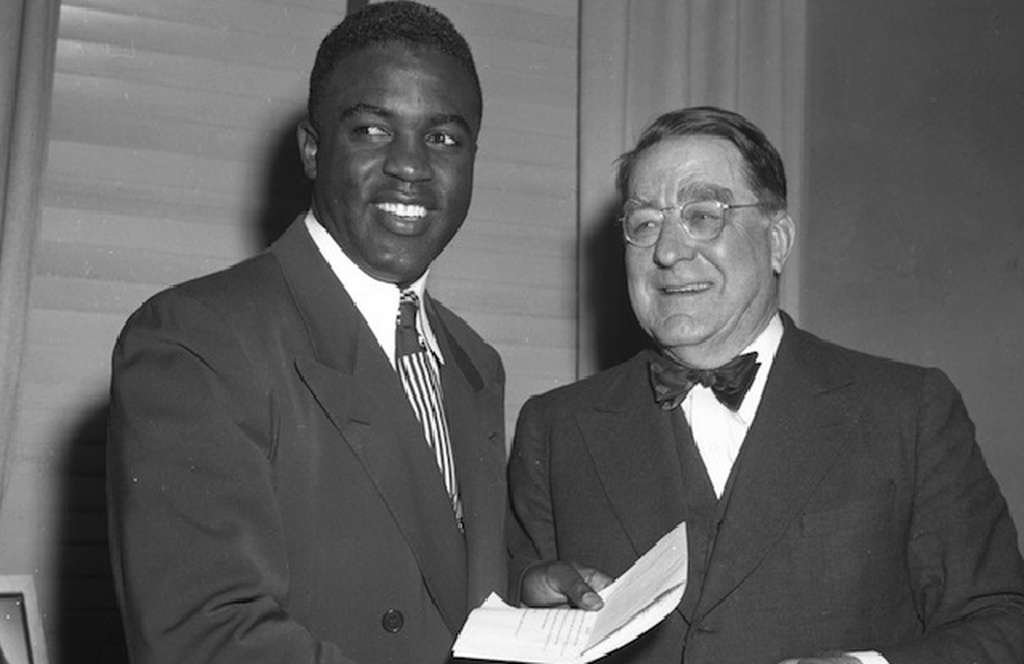
The Fallacy of Politics
The political fallacy is a belief in top-down motivation and government. One of its articles of faith is, “You can’t fight city hall.” But most of our great victories have come from fighting city hall, and our defeats are a result of our failure to fight.

- R. J. Rushdoony
Chalcedon Report No. 357, April 1995
In different eras of history, different groups and institutions have dominated the scene. Certainly, the modern age has been a political era, and men have tried to solve human problems by political means. For many people, if not most, politics is the determinative force of our time.
How true is this? The statistical approach is not conclusive, but it can give us a sense of direction. In the United States, most people do not vote. They are either indifferent to or skeptical of politics. Of those who vote, normally anything over 50 percent of the vote gives victory. This means that a minority of the total population exerts primary control over the United States.
But is it really minority rule? Although many will be skeptical of this statement, most politicians have a very practical (not ideological) conservatism. For them, survival means having a solid following. A cause, however good in their eyes, is “unwise” unless it has a substantial amount of support. I recall vividly, at a national meeting, hearing some important people express respect for Howard Phillips, but a strong dissent because he fought for causes they saw as “losing” ones, i.e., pro-life, South Africa, the Panama Canal, and so on and on. Their attitude was that one should simply “go on record” for such causes and then forget about them, not fight for them, because they are “losers,” and the name of the game is to win.
Normally, men in politics espouse and adopt causes only when they have a sufficient support to make them winners. Then politics takes the credit!
A good example of this was the civil rights issue. It was fought and won before Martin Luther King Jr. and President L. B. Johnson became involved. The men responsible for it were Branch Rickey of the Brooklyn Dodgers baseball team and Jackie Robinson; they integrated baseball, and this began desegregation. After those men, discrimination began to collapse. It is Rickey and Robinson who should have a day in their honor rather than King. Politics takes the credit for what others do.
Political measures, whether good or bad, triumph when a high percentage of the people favor them and when their practical implementation may already be under way. It is a fallacy to see politics as the determining force.
This does not mean that politics is not important: it is, but it is not the initiating force. Political measures are preceded by the hard work of reformers, sometimes generations in advance. Politics in a sense gives assent to a change made in public opinion, whether good or bad. Since circa 1850, public opinion has become a powerful force. The Crimean War, and Tennyson’s poem, “The Charge of the Light Brigade,” brought into focus in Great Britain the power of public opinion.
The political fallacy is a belief in top-down motivation and government. One of its articles of faith is, “You can’t fight city hall.” But most of our great victories have come from fighting city hall, and our defeats are a result of our failure to fight.
One of the truly great evils of this century has been the growth of a belief, both on the left and the right, that “somebody has done this to us.” We are the victims, it is held, of a great plot to do us in. There are no ends of groups trying to control or manipulate peoples, but God has made men the primary agent of government. Only man’s failure to exercise responsible self-government can destroy him. It is childish, then, to wail that somebody has done this to us. Our Lord on Judgment Day will accept no such excuse. He has made us a new creation and allied Himself to us. What more do we want? See things handed to us? The only one in the Bible who offers to do so is Satan, in his temptation of our Lord (Matt. 4:1–11).
Our problem is not the controllers but the willful and whining losers. The primary area of determination on the human scene is the self-government of man, and for redeemed men to abdicate self-government and to hand over determination to church, state, or any other agency is to invite God’s judgment.
The Christian man can do much in every sphere, politics, the church, education, the sciences, and more, only by assuming responsible self-government. Otherwise, he will conspire in his own destruction.

- R. J. Rushdoony
Rev. R.J. Rushdoony (1916–2001), was a leading theologian, church/state expert, and author of numerous works on the application of Biblical law to society. He started the Chalcedon Foundation in 1965. His Institutes of Biblical Law (1973) began the contemporary theonomy movement which posits the validity of Biblical law as God’s standard of obedience for all. He therefore saw God’s law as the basis of the modern Christian response to the cultural decline, one he attributed to the church’s false view of God’s law being opposed to His grace. This broad Christian response he described as “Christian Reconstruction.” He is credited with igniting the modern Christian school and homeschooling movements in the mid to late 20th century. He also traveled extensively lecturing and serving as an expert witness in numerous court cases regarding religious liberty. Many ministry and educational efforts that continue today, took their philosophical and Biblical roots from his lectures and books.